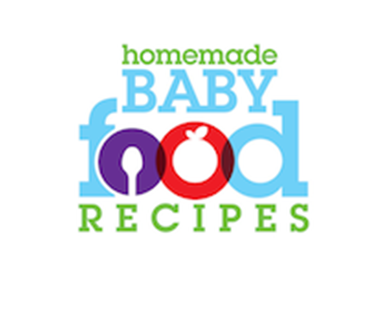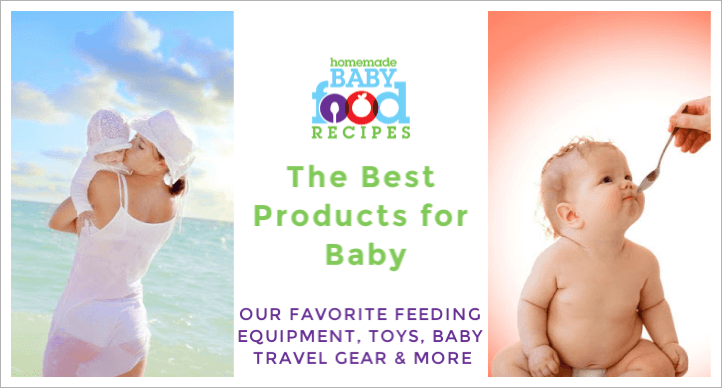Can Babies Eat Liver?
Updated: Nov 22, 2023
We’re sometimes asked if it’s safe for babies to eat liver.
The answer is yes… and no!
Liver can be a nutritious food, but too much of it can be harmful.
On this page, we look at the reason why, and share some tips for cooking liver perfectly for your tiny diner.
Why is too much liver bad for baby?
Liver is a rich source of vitamin A, a nutrient that plays an important part in the development and support of many of the body’s organs, plus contributes to good vision and a healthy immune system.
There are two kinds of vitamin A that we receive through our diets.
- Provitamin A carotenoids – including beta-carotene, a pigment found in foods like sweet potatoes that the body converts to vitamin A – are found chiefly in plant foods.
Sources include green leafy veggies, yellow and orange vegetables and fruits and tomatoes. - Preformed vitamin A – is found in foods from animal sources, including fish, dairy and meat.
Liver is particularly rich in preformed vitamin A.
Too much provitamin A is not harmful – if your baby eats a lot of carrots, for example, then any carotenoids that are not needed and used by the body are simply deposited in the skin.
This is why baby food beginners – enjoying a diet rich in ‘first foods’ such as carrots and sweet potatoes – often tend to have a harmless orange tint to their skin, particularly around the nose!
Too much preformed vitamin A, however, CAN be harmful.
You probably remember being advised NOT to eat liver when you were pregnant.
That was because too much preformed vitamin A can cause congenital birth defects.
Toxicity from excess preformed vitamin A (known as hypervitaminosis A) can lead to an increased risk of bone fracture.
This is because the vitamin A blocks the activity of vitamin D, leading to reduced bone mineral density.
Vitamin A toxicity can also cause liver damage.
Including too much liver in your baby’s diet may mean that he receives too much preformed vitamin A, particularly if he is already receiving preformed vitamin A from another source (a fortified cereal, for example, or a supplement prescribed by your doctor).
Some sources, therefore, suggest offering liver to baby just once a week – we’d suggest offering only a couple of teaspoons at that meal, from AT LEAST 6 months of age.
Nevertheless, it’s very important that you speak to a medical professional before offering liver to your baby.
He or she will know your little one best and is able to advise you about the introduction of liver based on your baby’s family history and requirements.
It’s also important to discuss with your doctor the type of liver you want to feed to your baby.
Liver from animals more ‘exotic’ than chickens, lambs and calves may be particularly hazardous for various reasons.
The health benefits of eating liver
Liver is nutritious in many respects and, once you have the go ahead to include it in your baby’s diet, you’ll be pleased to know that – in addition to vitamin A – it provides…
- B vitamins
- vitamin C
- copper
- folate
- zinc
- protein
- phosphorus
- iron
- selenium
Calf’s liver is particularly nutritious, with a good flavour (we find lamb’s liver a bit too strong in taste) and a pleasing texture (if cooked correctly!).
And because it comes from a calf – as opposed to a full grown animal – it will contain far less of the harmful toxins such as antibiotics and hormones to which animals are exposed.
Buying organic liver will offer the greatest protection of all.
How To Cook Liver for Your Baby
We recommend buying calf’s liver when introducing liver to baby.
Cook fresh liver for your baby within 24 hours of purchase, or transfer it to the freezer and store for up to one month.
Liver is VERY perishable.
If (like us) you have horrible childhood memories of leathery lumps of liver – possibly swimming in gravy! – then let us assure you that liver doesn’t HAVE to be this way!
The liver you remember was probably overcooked.
A slice of liver generally needs cooking for just a few minutes each side – it should still have a vaguely pinkish hue to it when it’s done.
Two easy liver baby food recipes
Liver and sweet potato puree
1 small piece of calf’s liver (around 1 tbsp in size)
1/2 small sweet potato, peeled and diced
4 fl oz (1/2 cup) low sodium or homemade chicken stock
- Place the liver and sweet potato dice into a small saucepan and pour in the stock.
- Bring to the boil, then lower the heat and simmer for 5 to 8 minutes, until the sweet potato dice are tender and the liver is done.
- Using a hand blender, puree in the pot until smooth.
Liver and egg yolk puree
1 hard boiled egg
1 small piece of calf’s liver (around 1 tbsp in size)
2 fl oz (1/2 cup) milk – use whole milk, breast milk or formula
- Put the liver into a small saucepan and pour in the milk.
- Bring to the boil, then immediately lower the heat and simmer very gently for around 5 to 8 minutes, until the liver is cooked.
- Remove the yolk from the egg.
- Using a hand blender, blend the cooked liver and what remains of the milk with the egg yolk, to create a creamy puree. Add more milk if necessary, to achieve the texture you desire.
- Serve from a spoon, or use as a sandwich spread, toast topper or dip.
If your baby doesn’t seem to care for the taste of liver but you would still like to include it in his diet…
Either try grating frozen liver into another dish that your baby enjoys as it’s cooking, or chop it very finely and mix it with ground beef, pork or turkey to use in your ground meat recipes.
Either technique will help disguise the flavour!
Sources:
Office of Dietary Supplements – Vitamin A


